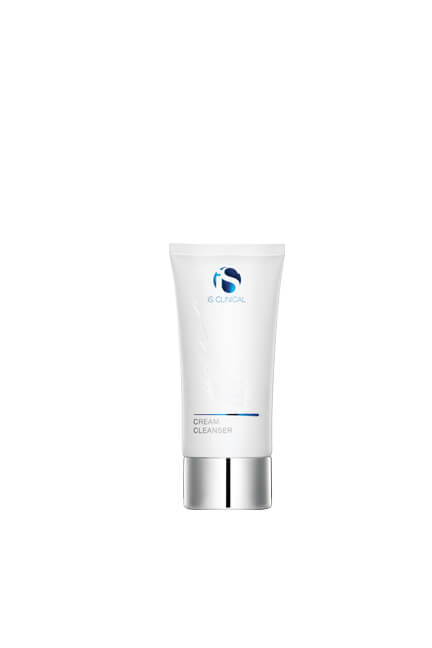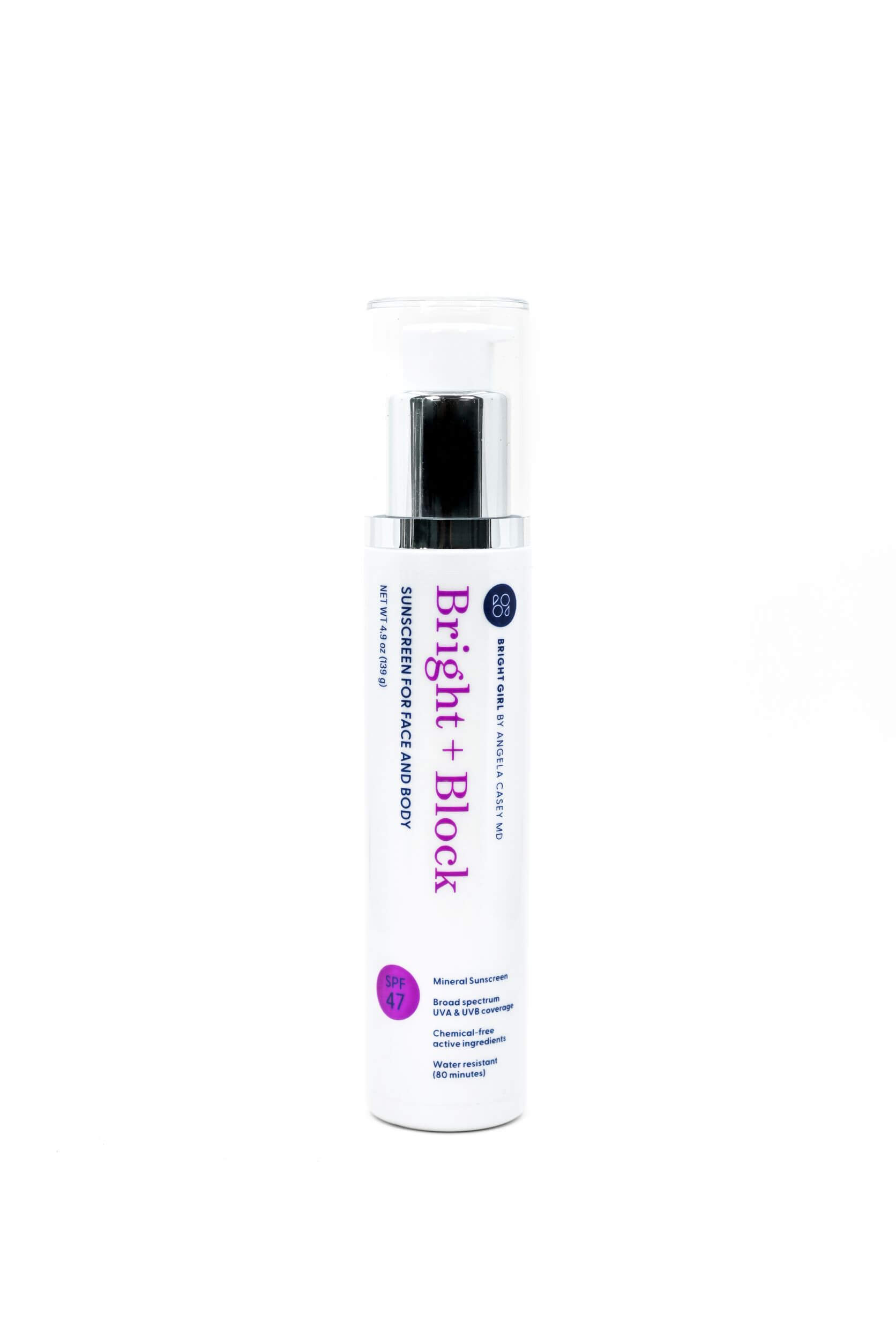Developing an Effective Skincare Routine for Sensitive Skin
Sensitive Skin Challenges
 Having sensitive skin can be a real challenge. It requires patience, commitment, and knowledge when it comes to finding an effective skincare routine that will nourish your skin without causing any unwanted allergic reactions. If you’re living with sensitive skin, you’ll need to be careful and conscious with the products you use and the steps you take, so you don’t end up making things worse. In this blog post, we’ll give you some insights on how to develop an effective skincare routine for your sensitive skin, so you can keep it healthy and glowing without any irritations.
Having sensitive skin can be a real challenge. It requires patience, commitment, and knowledge when it comes to finding an effective skincare routine that will nourish your skin without causing any unwanted allergic reactions. If you’re living with sensitive skin, you’ll need to be careful and conscious with the products you use and the steps you take, so you don’t end up making things worse. In this blog post, we’ll give you some insights on how to develop an effective skincare routine for your sensitive skin, so you can keep it healthy and glowing without any irritations.
Discovering Your Skin Type: Signs of Sensitive Skin
Healthy skin is essential, but caring for it can be daunting. With so many skincare products available, it can be difficult to figure out which products are best suited for your skin type. Understanding your skin type is the first step. Sensitive skin needs extra attention and care. Knowing the signs of sensitive skin can help you better understand your skin type and help you learn how to care for it. Here are some common signs of sensitive skin:
Itching and Irritation: Sensitive skin is prone to itching and irritation. If your skin tends to itch or feels irritated after using a skincare product, it may be a sign that you have sensitive skin. Redness and inflammation may also be present.
Dryness: Sensitive skin can become dry and flaky. Dry skin may occur due to a change in the environment, such as cold weather, or from the use of harsh products that can strip the skin’s natural oils.
Breakouts: Sensitive skin is prone to breakouts. If you notice that you are breaking out more frequently than usual, it may be a sign that you have sensitive skin. Breakouts may be accompanied by redness and inflammation.
Reactions to Certain Products: Sensitive skin can be triggered by certain ingredients found in skincare products. If you experience a reaction, such as redness, inflammation, or itching, it may be a sign that you have sensitive skin. Make sure you read the labels on skincare products carefully and avoid ingredients that you know your skin is sensitive to.
Sun Sensitivity: People with sensitive skin are more likely to experience sun sensitivity. If your skin tends to burn easily or become inflamed after sun exposure, it may be a sign that you have sensitive skin.
If any of the above signs sound familiar, you should focus on a skincare routine that caters to sensitive skin.
Start with Gentle Cleansing
The first and foremost step that you need to take when developing a skincare routine for sensitive skin is to find a gentle cleanser. Harsh cleansers can strip your skin of its natural oils, leaving it dry, flaky, and irritated. Opt for creamy, non-foaming cleansers that are free of sulfates, alcohol, and fragrances, and that won’t leave your skin feeling tight or uncomfortable.
Hydrate Your Skin
One of the common issues that come along with sensitive skin is dryness. To keep your skin hydrated and nourished, you need to use a moisturizer regularly. Look for moisturizers that are lightweight, non-comedogenic, and fragrance-free. Gently apply the moisturizer to your skin, especially in areas that tend to get dry, like your cheeks, around your mouth, and your forehead.
Use Sunscreen
Sensitive skin is more susceptible to sun damage, which can cause redness, irritation, and premature aging. That’s why wearing sunscreen every day is crucial. Choose a sunscreen with broad-spectrum protection, a minimum of SPF 30, and that’s free of irritating ingredients like fragrances, alcohol, and chemical filters. Remember to reapply every two hours if you’re spending time outdoors.
Be Mindful of Exfoliation
Exfoliation can help remove dead skin cells and give you a brighter complexion, but when done excessively or aggressively, it can cause more harm than good. If you have sensitive skin, it’s best to avoid physical exfoliants like scrubs and brush heads that can be too harsh on your skin. Instead, opt for chemical exfoliants like alpha hydroxy acids (AHAs) and beta hydroxy acids (BHAs) that can work more gently, to help you get the desired results.
Treat Your Skin Concerns Carefully
If you have specific skin concerns that need to be addressed, like acne, rosacea, or eczema, you’ll need to be extra careful when choosing your skincare products and treatments. Consult with a dermatologist, who can help you develop a personalized skincare routine that’s tailored to your needs and will help you avoid any irritations or allergic reactions.
Schedule A Skincare Consultation At Tru-Skin Dermatology Today!
Developing an effective skincare routine for sensitive skin can be a journey, but with the right knowledge and commitment, you can achieve healthy and glowing skin that feels and looks good. Remember to always read the ingredients label, patch test any new products, and be patient with the results. And most importantly, be kind to your skin, listen to your body, and enjoy the journey towards radiant and healthy skin. If you need extra help, you can always reach out to the skincare experts at Tru-Skin Dermatology, who can provide you with personalized advice and guidance that will help you achieve the skin that you deserve.
Featured Products

iS Clinical Cream Cleanser
This lightweight, moisturizing cream cleanser is powerful yet gentle enough to be used on dry, sensitive skin. Cream Cleanser combines bionutrients, antioxidants, and restorative ingredients that work to thoroughly cleanse the surface and pores of the skin while soothing the look and feel of dry areas. Skin is left feeling refreshed, hydrated, and clean. Cream Cleanser is effective for even the most compromised skin conditions. 120 mL e 4 fl. oz.

Bright+Block SPF 47 Mineral Sunscreen for Face and Body
Bright+Block SPF 47 mineral sunblock provides broad-spectrum UVA & UVB coverage through chemical-free active ingredients: Zinc oxide and Titanium Dioxide. This formulation goes on white to ensure complete coverage yet disappears completely, protecting skin from the sun’s damaging rays. Lightweight and water-resistant (80 minutes), this sunscreen works beautifully for all skin types. 4.9 OZ (139 G)
Related Blogs

- General Dermatology
- Skin Care
A good facial cleanser is a crucial part of any skincare regimen. But not all cleansers are created equal. Are you using a facial cleanser that is tailored to your skin’s specific needs? Read this blog to learn what to look for.
Read More
- General Dermatology
- Skin Care
In this comprehensive guide, we’ll explore the benefits and potential drawbacks of using petrolatum-based products for skin hydration, including a comparison between using petrolatum and the skincare technique known as “slugging.”
Read More
- General Dermatology
- Skin Care
In this blog post, we’ll take a closer look at the benefits of Vitamin C for skincare and explore how incorporating this ingredient into your routine can help you achieve your best skin yet.
Read More


